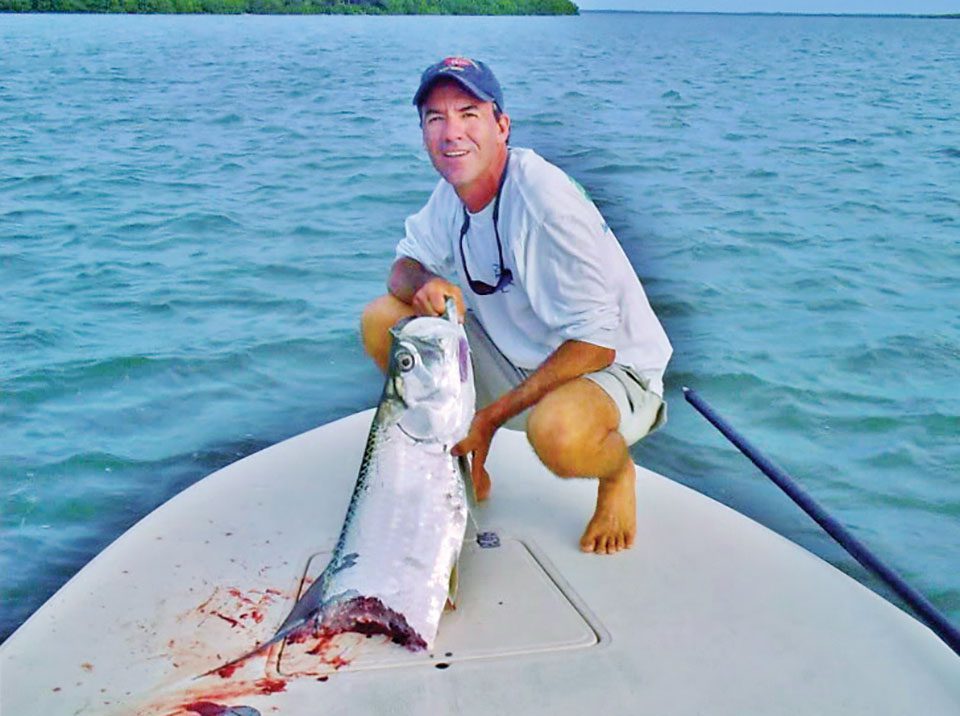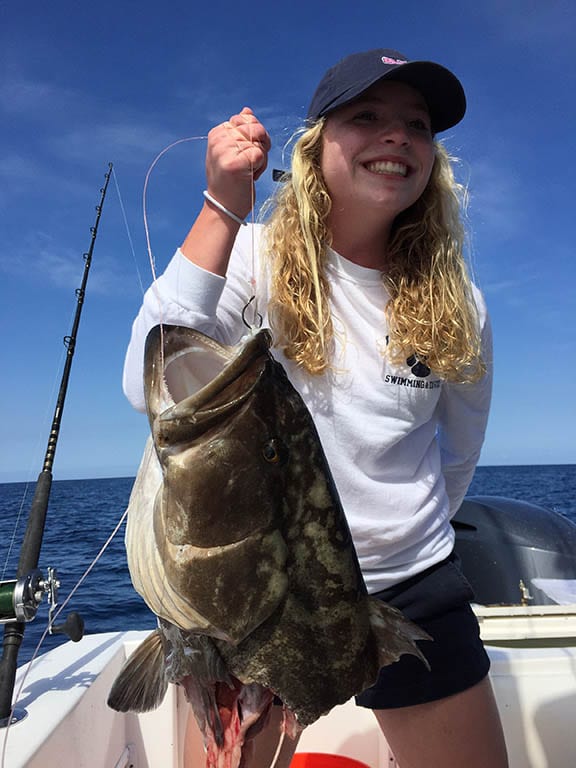
If you’ve spent any time on a boat in sharky waters, there’s no doubt the tax man has taken his due from what you thought was going to be fish dinner. Racing sharks to get your catch to the boat is a part of fishing, and it’s a component of our fisheries that NOAA wants to look at a little closer.
NOAA Fisheries is considering an exempted fishing permit (EFP) that would authorize the collection of fish with evidence of shark depredation on charter vessels in southeast Florida. The project seeks to collect fish carcasses with evidence of shark depredation and conduct genetic analysis to determine which shark species were responsible for the damage.
If the EFP is approved, fish carcasses collected may be outside of the range of minimum size limit, bag limit, or seasonal closure regulations. Information collected would be useful in understanding the impact shark depredation has on the charter fishing fleet in South Florida.
Researchers would work with specific captains who fish in federal waters between Sebastian Inlet and Jupiter Inlet, Fla. These charter vessels would continue routine fishing operations, and if a fish is caught that exhibits signs of depredation, the fish would be retained by the researcher, isolated from other catch, and transferred to Florida Atlantic University (FAU), Harbor Branch Laboratory when returned to port.
Signs of depredation from landed fish include: fresh teeth marks and active bleeding; partially removed trunk tissue (scales, skin, and muscle); exposed musculature and/or internal organs; and missing fins. The skin and flesh exposed by the bite wound would be swabbed to identify depredating species from trace amounts of DNA left on prey remains.
Researchers would retain a maximum of 240 individual fish distributed across the following species complexes during the study: snapper-grouper, dolphin-wahoo, and coastal migratory pelagics. Some samples collected may be under-sized, above the recreational bag limit, or caught during a closed season.
Only the captain and crew aboard authorized charter vessels would be permitted to retain species with evidence of shark depredation that may be recreationally harvested out of season, or out of the authorized recreational bag limits or size limits.
The EFP would be valid for two years during the course of the study.
For more information, see www.fisheries.noaa.gov.
